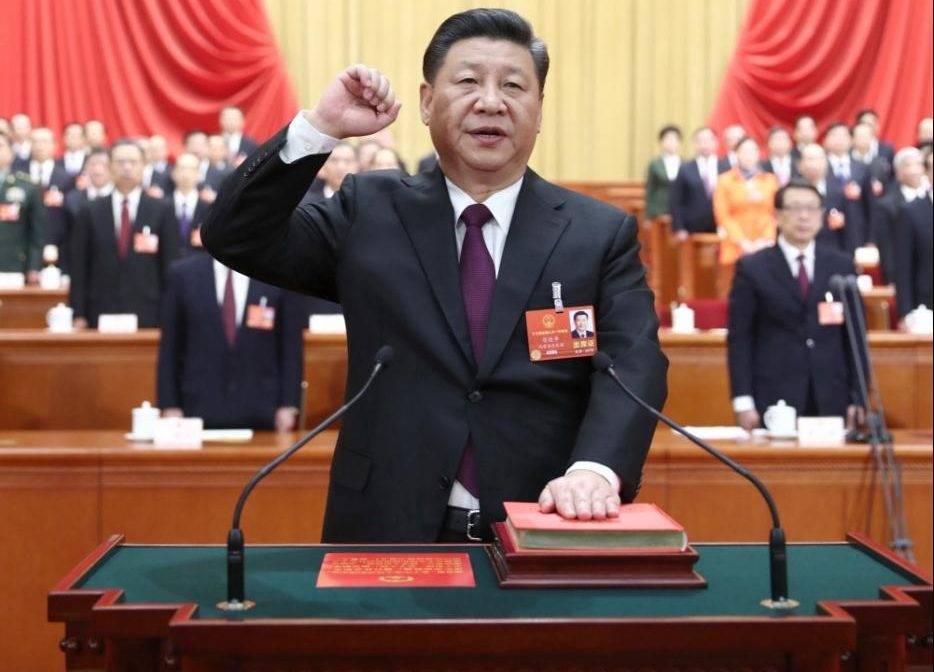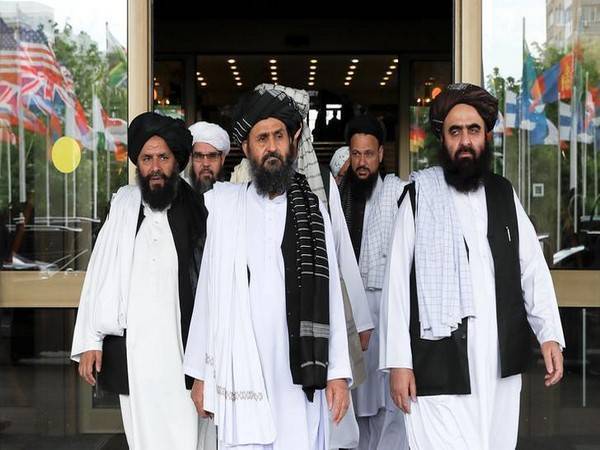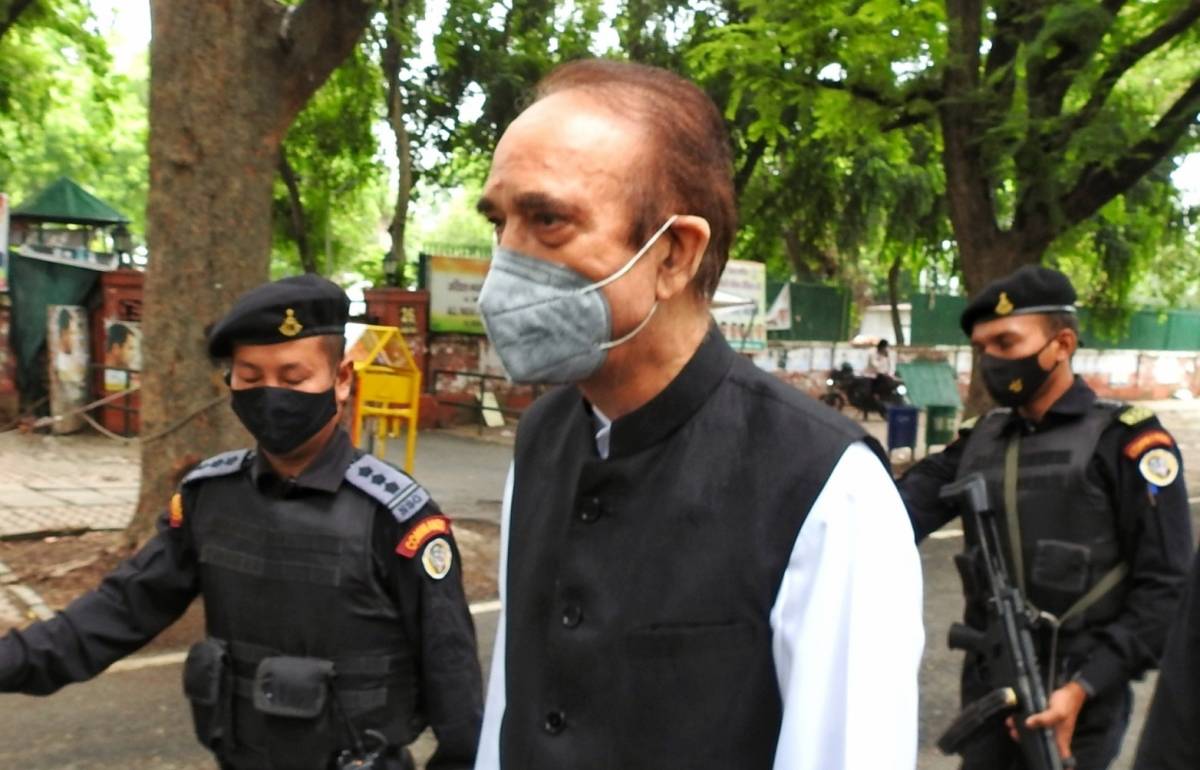The US Federal Communication Commission (FCC) designated five Chinese companies in March 2021 posing a threat to national security under a 2019 law aimed at protecting US communications network. The Chinese tech companies are equally suspect in the UK and EU regarding their potential to cause security threat by both their design and intent … writes Dr Sakariya Kareem
Chinese tech companies are facing a crisis of credibility and loss of trust because of their complicity in pursuing the strategic agenda of the Chinese establishment, especially theft of data and illegal penetration into cyberspace and networks. The Chinese tech companies are equally suspect in the US, UK and EU regarding their potential to cause security threats by both their design and intent.
The US Federal Communication Commission (FCC) designated five Chinese companies in March 2021 poses a threat to national security under a 2019 law aimed at protecting US communications network. The designated companies included Chinese tech companies like Huawei Technologies Co, ZTE Corp, Hytera communications Corp, Hangzhou Hikivision Digital Technology Co and Zhejiang Dahua Technology Co. This was done in response to a widely held concern that equipment and services which these companies provide, “pose a threat to US national security or the security and safety of Americans” as articulated by the then-acting FCC Chairwoman Jessica Rosenwarsel.

The US government and government contractors have largely banned Huawei and ZTE technology following the Defense Authorization Act, 2018 due to security concerns. The Trump administration also added Huawei to a trade blacklist, immediately enacting restrictions, consequently making it extremely difficult for Huawei to do business with US companies. Large companies like Google, Intel, Qualcomm, Xilinx and Broadcom have scaled down their business links with Huawei.
A few republican lawmakers have raised concerns around the use of Huawei cloud services in over 40 countries due to the access it allegedly gives the Communist Party of China (CPC) to systems and urged Secretary of State Antony Blinken to ensure that the use of these services did not expand any further. Additionally, US President Joe Biden also signed legislation preventing companies like Huawei or ZTE, which were deemed security threats, from receiving new equipment licenses from US regulators, thus making their operations in the US extremely difficult.
There has been a dramatic escalation of Chinese espionage on US soil over the past decade. The focus areas of Chinese espionage had been right from the purchase of land near critical infrastructure to the sale of telecom gear & equipment. Even building a temple, ‘pagoda-like structure, for attracting tourists to benefit the local population, is suspected of carrying out a Chinese covert mission in the US.
The UK government has also banned Huawei from the country’s 5G infrastructure plans despite ongoing commitments by the Chinese firm to participate in security and infrastructure audits to help increase confidence. France and Italy have not openly banned Huawei but imposed restrictions on using its equipment in core 5G infrastructure.
In October 2020, the Italian government blocked a deal between Huawei and telecommunications company Fastweb over the acquisition of 5G core parts and asked Fastweb to diversify its suppliers. The Agence Nationale de la Securite des Systemes (ANSSI), the French cyber security agency has restricted the usage of Huawei equipment and plans to phase out Huawei equipment by 2028. The Finnish government too has secured powers to ban the use of 5G equipment from suppliers considered a threat to national security.
While Germany is still weighing the option of restricting the participation of Huawei and ZTE in its core infrastructure sectors and 5G implementation process, the Scandinavian and Eastern European countries have taken a tougher stance. Although Portugal, Luxembourg, Austria and the Netherlands have not passed any laws so far, telecom providers in Portugal and the Netherlands have announced intent not to use Huawei equipment in their 5G rollout.

Furthermore, taking note of the potential security risks posed by use of cameras manufactured by Chinese companies like Hikvision and Dahua in government buildings, the Dutch Interior Ministry resolved to investigate the security risks due to the cameras made in countries with offensive cyber programmes.
Incidentally, on the protection of patents, Chinese laws are restrictive. In February 2022 the EU filed a case against China at the World Trade Organization (WTO) for restricting EU companies from going to a foreign court to protect and use their patents. According to EU’s press release “China severely restricts EU companies with rights to key technologies” (such as 3G, 4G and 5G) from protecting these rights when their patents are used illegally or without appropriate compensation by Chinese companies.” It further added, “The Chinese policy is extremely damaging to innovation and growth” in Europe. In fact the difficulty was faced by EU companies since August 2020 when China’s Supreme People’s Court decided that Chinese courts can prohibit patent holders from going to a non-Chinese court to enforce their patents by putting in place an “anti-suit injunction”. If EU companies violate this injunction, there was a provision for a penalty of Euro 130,000 per day.
Recently, the heads of the FBI and Britain’s MI5, while sharing platforms, issued warnings for the first time about the threat posed by Chinese government espionage operations. FBI Director Christopher A. Wray warned, “The Chinese government will steal your technology, whatever gets your industry moving, and use it to undermine your business and dominate your market”. In their speeches, the heads of FBI and MI5 accused the Chinese government of engaging in a “coordinated campaign” to gain access to critical technology, and to “cheat and steal on a large scale.” They underlined that the threat was “real and urgent” and that it could be “the most game-changing challenge we face.”









